Now. It's a great pleasure to publish Albatross, three stories by Carolyn McCurdie of Dunedin. She's a fine writer of poetry and prose — a national award-winning poet and author of YA novel The Unquiet, one of the works I most admired as editor for Longace Press, for its persuasive and original storyline, it's credible characters and lyricism. Another of Dunedin's gems, hers is a voice worth listening to. Besides all this she's known as a staunch advocate for imprisoned writers.

Carolyn, can you tell us a little about how these stories came about: the place or circumstance, the experience of writing them?
‘Albatross’
was sparked by a news report many years ago. A young tourist from Europe had
gone into Fiordland with minimal equipment or preparation. It seemed that she
wanted an encounter with wilderness, to be tested in some deep part of herself.
She was alone, inexperienced and her chances of surviving seemed slim, so a
local search and rescue team went in after her and pulled her out. She was
furious. So were they. And I found that I agreed wholeheartedly with both of
them. So my first idea was to explore those different points of view. However 'Albatross' doesn’t do this in the way I’d originally envisaged, because, as
always, the characters take over. I love that about story-making. I always
begin with something quite vague, an emotion, an idea, a question, but then the
characters take form, become solid. Then they step forward and say, ‘Yes, but
…’
It was a
sleepless night that gave me ‘Collision’. I was visiting my niece Jo in
Wellington. At the time she was a
student, her flatmates all students and it was summer, so nights were for music
and other entertainments. And it was hot. Sleep being impossible, I decided to use the time to create a story. I
lay there thinking of other nights of no sleep, in particular a night in a
block of flats in Auckland’s Mt Eden. My story was firstly about sound,
perceptions of sound. Then, who
are these story characters who can’t sleep? So the patterns of dissonance and
harmony became those within human lives.
In the
1970s I was in a violent marriage, which I walked away from after eight years.
Such an experience has many repercussions, among them, long years of
self-questioning: how? why? Answering is an ongoing process and, for me,
writing has been an important part of looking for some clarity, using poetry
and fiction to take a sideways step beyond myself. In ‘Wings of Stone’ there
are two unhappy marriages. Neither is mine, none of the characters is me or
any other real person. And yet they are all me. Here, I try to look at questions
of blame, the way everyone has their own version of events, the unreliability
of memory. How does a person try to be true?
Who has inspired you as a writer?
How to name
them all? At the moment I’m inspired by Eleanor Catton as I read The
Luminaries. I’m awed by the complexity of the story. You have to pay attention
with this one or you’ll lose your grip on the bafflingly tangled strands. I’m
loving the solid reality of her characters, enjoying their company. I also
loved her previous book, the brilliant originality of The Rehearsal.
When I was
writing short stories, the writer that inspired me the most was probably
Patricia Grace. Short stories often leave me dissatisfied, wanting more but I
found hers completely satisfying. No matter how short the story, she is
never shallow. I wondered how she did this when others' stories often feel insubstantial, and I concluded that it was because of the way she
treats her characters. They are ordinary, often flawed people, but they are
drawn with such tenderness and compassion that empathy is easy. You care about
them and what happens to them. With delicacy and humour,
Patricia Grace takes you into the life of someone else, deepens your experience
of people and the world. And more than anything, I read for that.
Another
very positive influence on my stories was Sue McCauley. Her stories impressed me with their honesty. She was another writer who drew me
in, made me care about her characters. When I was lucky enough to be accepted
on the 2002 mentorship programme of the NZ Society of Authors, Sue’s name was
on the list of mentors. She was my first choice and, wonder of wonders, I was
assigned to her. She was a most generous mentor, and with kindness and
perceptiveness worked with me through my stories. She also gave me much needed
confidence in my own writing abilities. I had been at the point of wondering
whether the idea that I could be a writer was a bit self-deluding.
What's delighting you at present (make that two months ago ;-)?
At the
moment I’m delighted almost to the point of drunkenness with the intensity of
springtime growth. And its beauty. At this time of year nothing has been chewed
or frosted or succumbed to mould. Perfection. I’m loving the smell and
blackness of the soil in my vegetable garden as I work it. All my little
seedlings look so hopeful. Exhilarating.
What's ahead in 2014?
What's ahead in 2014?
The writing I plan for 2014 is equal parts poetry and fiction. I
have accumulated enough poems for a first collection and will continue to try
to find a publisher. Read more poems, write more poems – I hope that will
always be essential. The fiction that I’m writing is a children’s science
fiction trilogy which I seem to have been writing for a million years. That's because the story keeps getting more complex, more interesting
to write, so I’ll just follow it even if it takes another million years. We are
a long-lived family. But it would be really good if 2014 brought the completion
of at least a part of it. So far, this is looking possible.
Thanks and felicitations, Carolyn. Lucky readers; lucky Rosa Mira Books, having Albatross on board.
Albatross is available here for USD 3.
Thanks and felicitations, Carolyn. Lucky readers; lucky Rosa Mira Books, having Albatross on board.
Albatross is available here for USD 3.


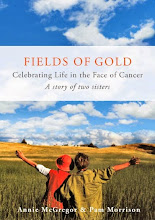
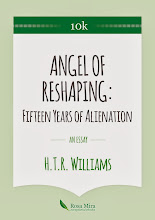
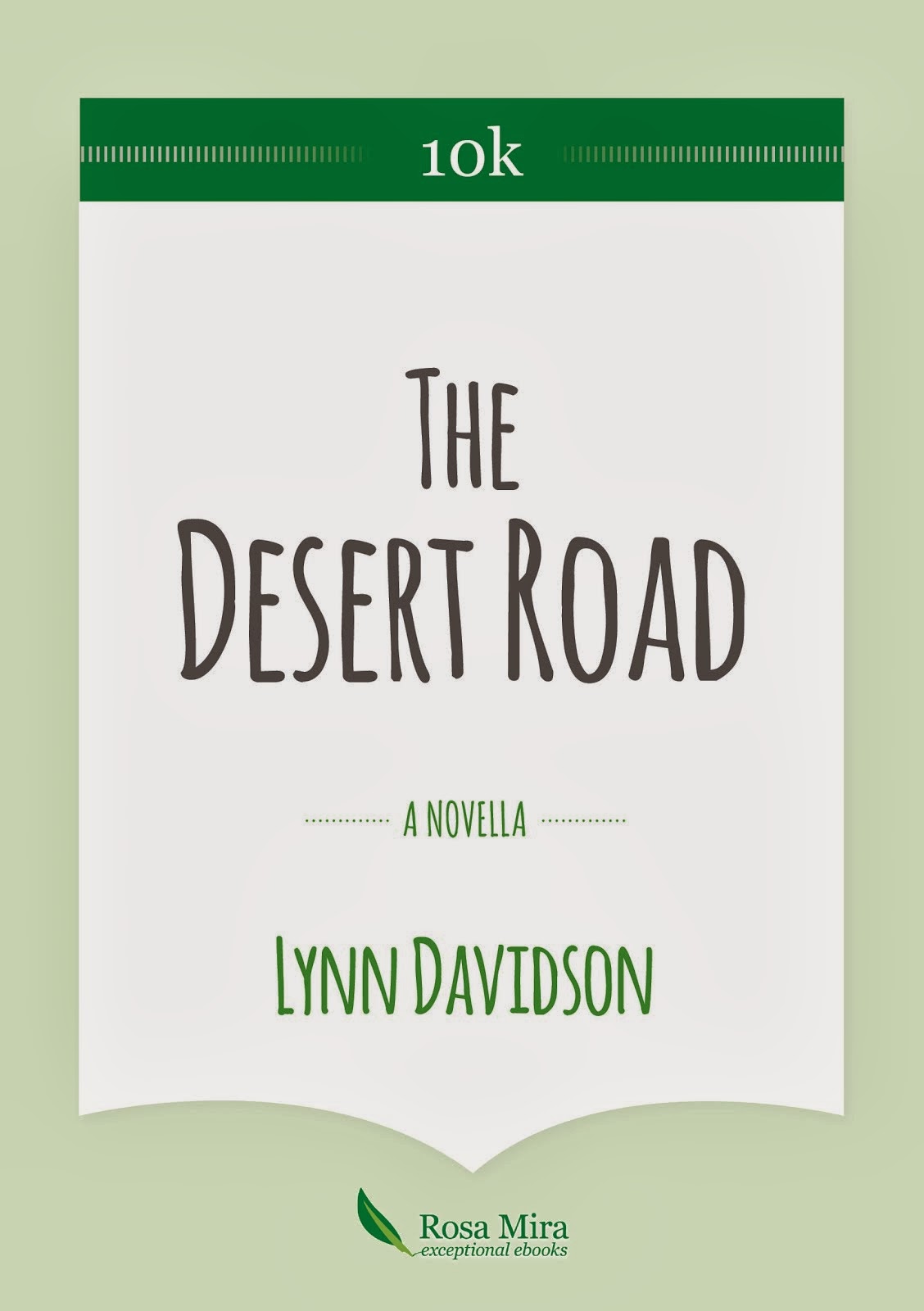
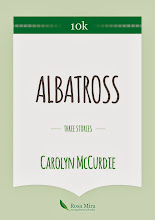
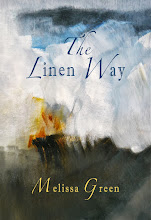





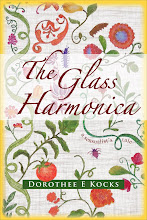






No comments:
Post a Comment